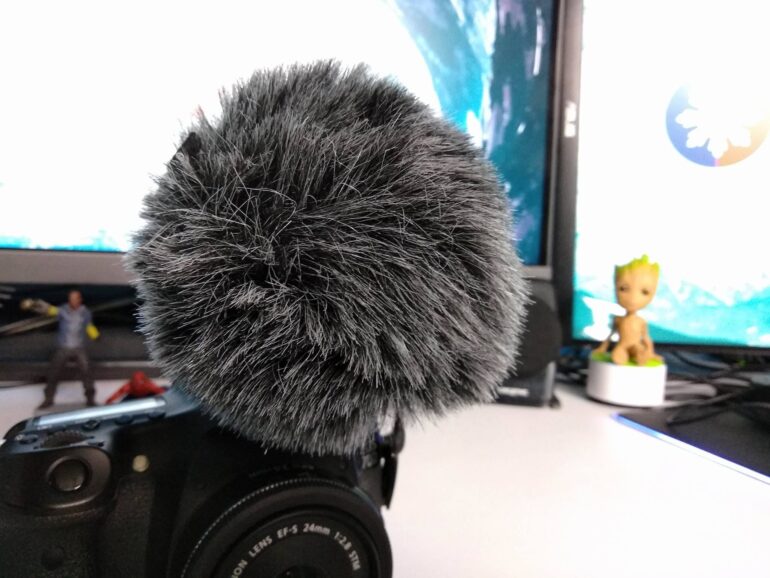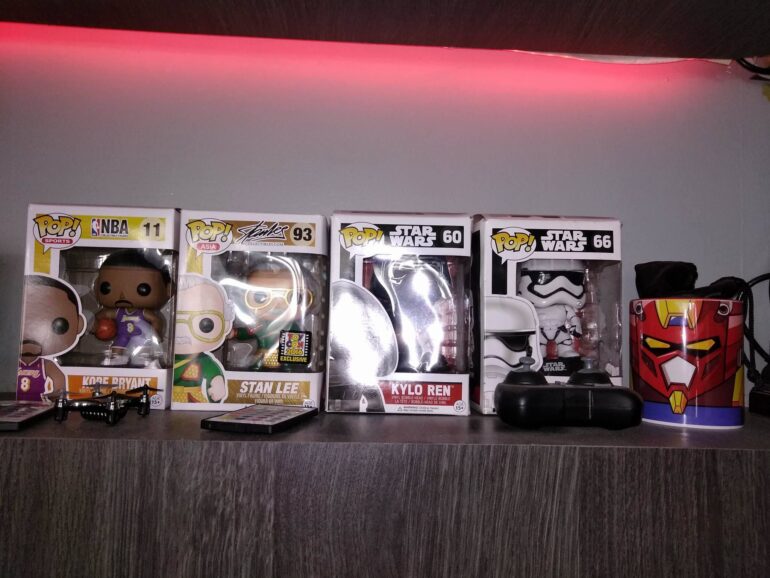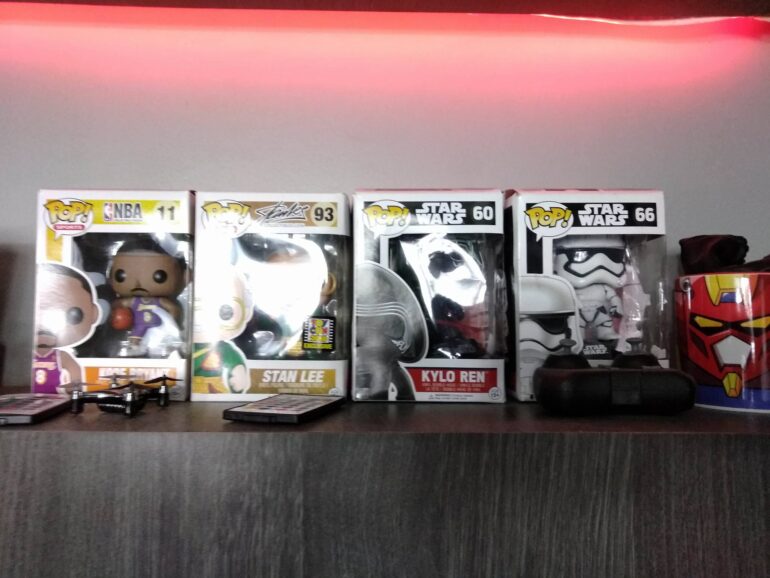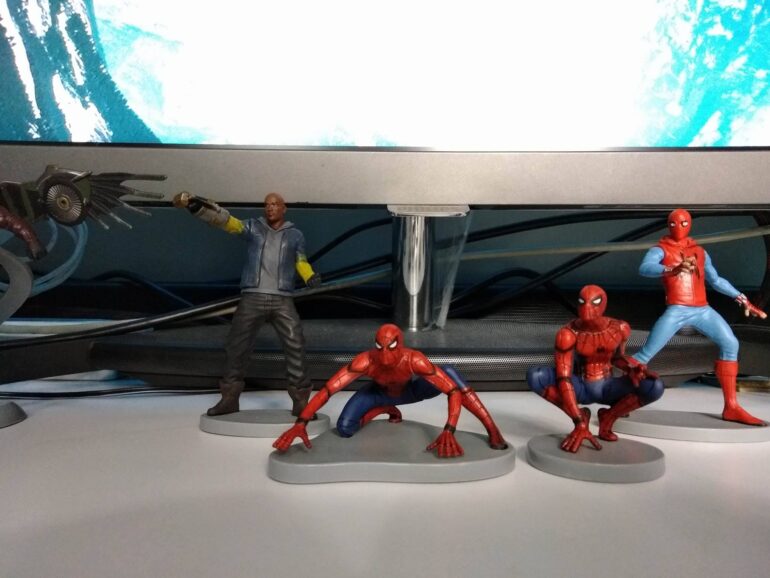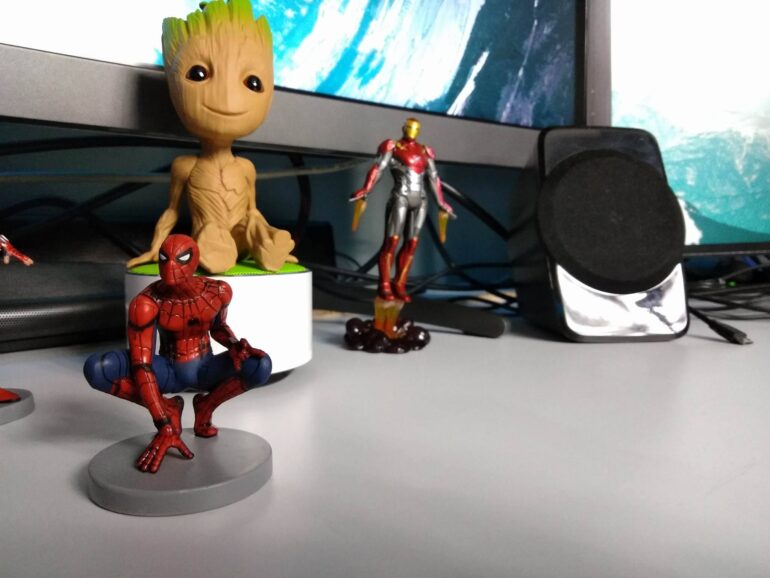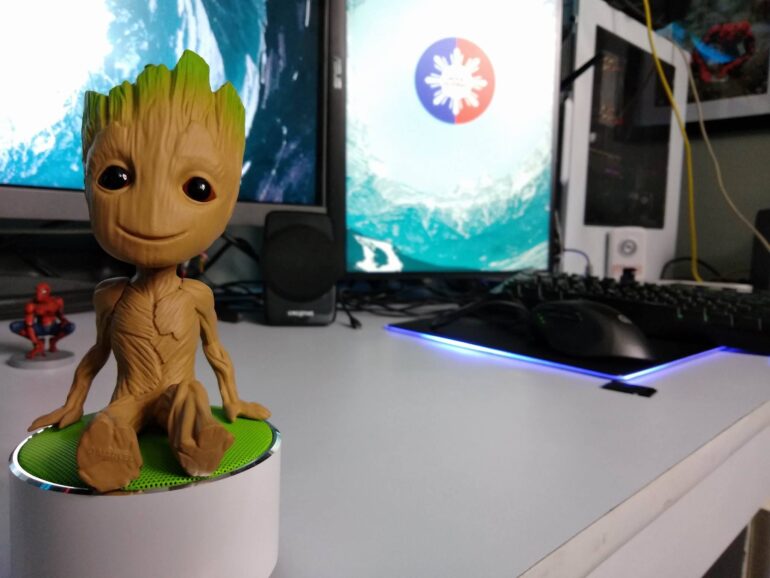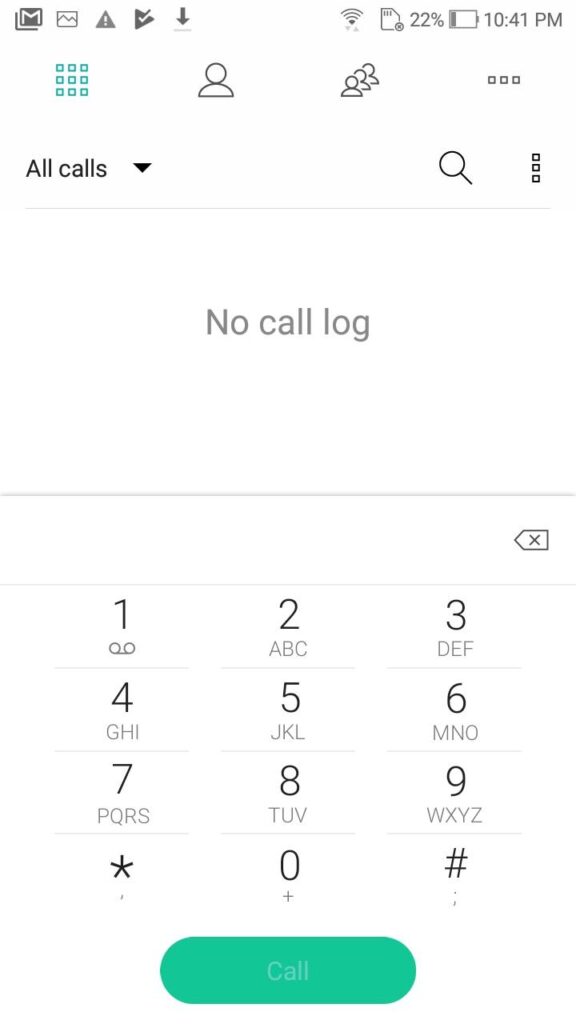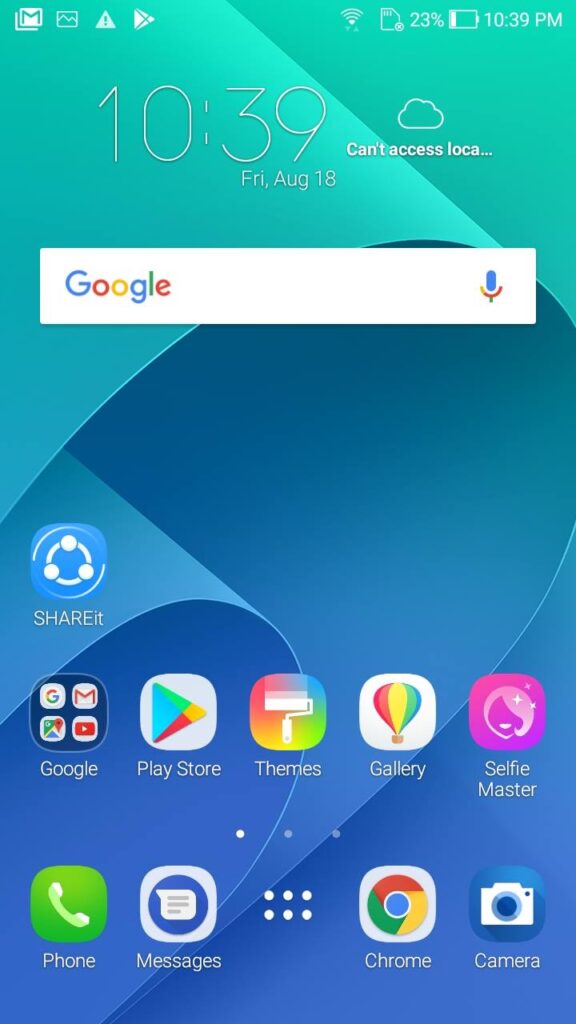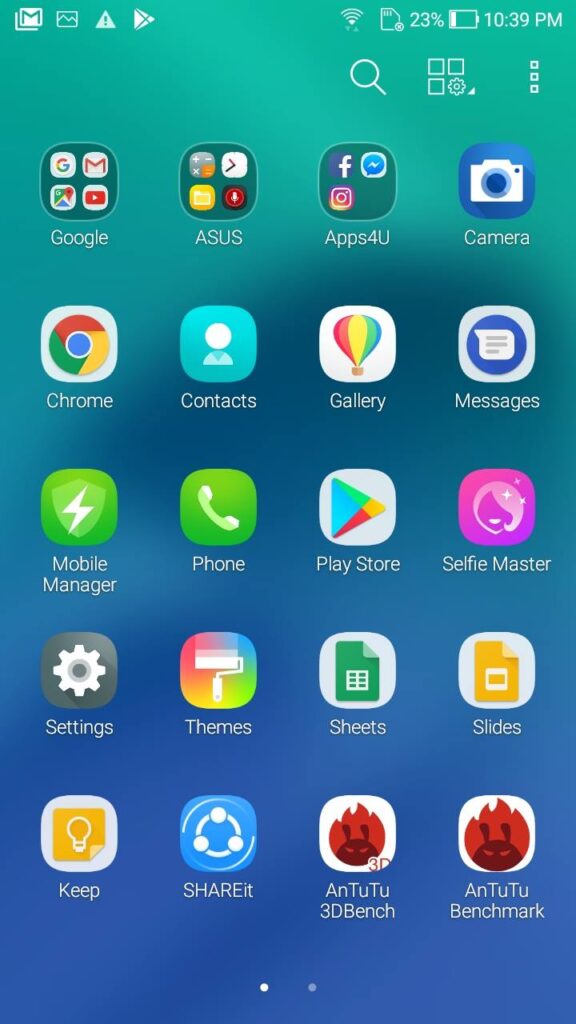ASUS is taking back the selfie game. This is the message that ASUS sends with their latest iteration of the Selfie.
Unboxing
It was 2 years ago when ASUS launched their first Selfie, and with the launch of the Zenfone 4 series, it is obvious that ASUS has been investing so much to get back what they believed to be rightly theirs.
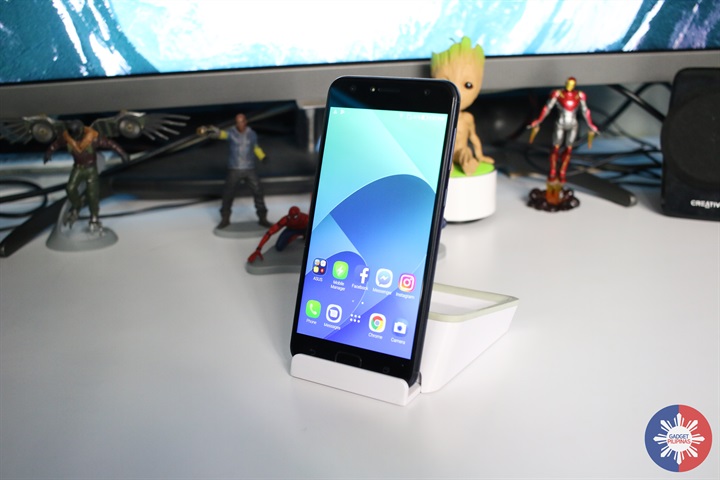
The new Zenfone 4 Selfie pits itself with the OPPO F3 and VIVO V5 with its dual front facing camera. But before we get into its camera, let’s talk about my thoughts about its overall look and build quality.
The new Selfie looks much sleeker than the 1st one. It rides along the design philosophy of the new Zenfone 4 line, and gives it much cleaner and minimalist look.
One of the major changes in the Zenfone 4 line is the absence of the home icon. It has been replaced this time with a capacitive home button, which also houses a fingerprint sensor. The Zenfone 4 Selfie. This gives all the Zenfone 4 devices a much cleaner design, albeit nabbing a bit of space of the phone’s bottom portion.
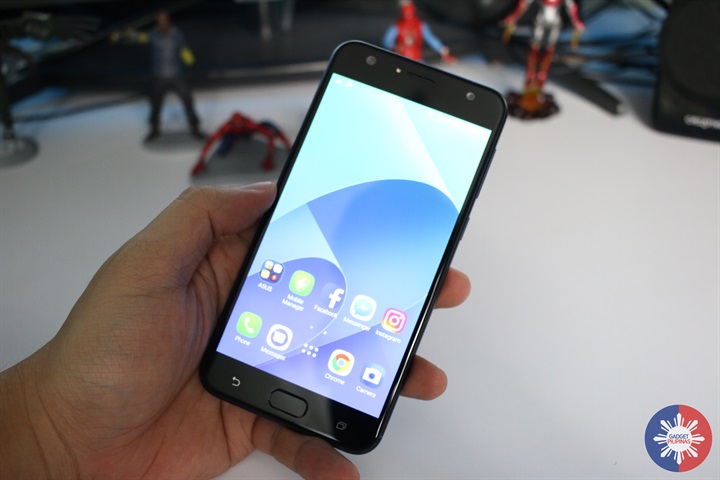
The Zenfone 4 Selfie sports a 5.5-inch HD display. Compared to its Pro version, this one only got a 1280×720 resolution. The former’s screen has 1920×1080 resolution, thus a much higher price configuration. Color pops out and the saturation is perfect. It seems to not have any discoloration issues, at least on the unit I received from ASUS Philippines.
Atop its screen are 2 cameras (20MP and 8MP): main and 120-degree wide angle, compensated with a Softlight LED. The camera is supported by ASUS’ proprietary SelfieMaster application, which works really great. Just like its competitors, ASUS has invested so much on perfecting their camera software and hardware. One of the best things they have done in recent years was their focus on PixelMaster. Now, with SelfieMaster, they are getting much deeper in tapping the desires and needs of their consumers.
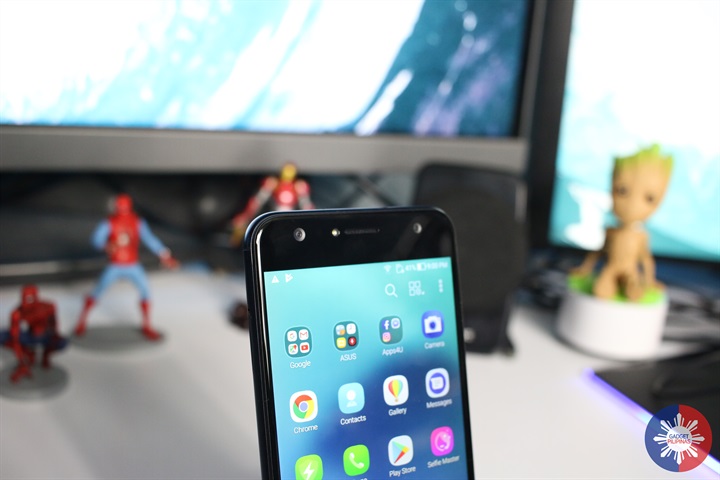
The new Zenfone 4 Selfie is perfect for content creators.
Remember Zenfone Live? It is a proof that ASUS is enabling their consumers who are also content creators such as Facebook Live hosts, YouTubers and Insgrammers. Selfie is built for this as well, and with its overpowered rear facing camera, it may just be one of the consumer-favorites when it comes to content creation.
More photos will be posted in the next days.
The new Selfie’s rear-facing camera is no slouch either: 16MP with EIS. I took a couple of photos, and the outputs are amazing. Color reproduction is spot on, saturation is on point and contrast is just about right. I found great satisfaction on my macro shots as well.
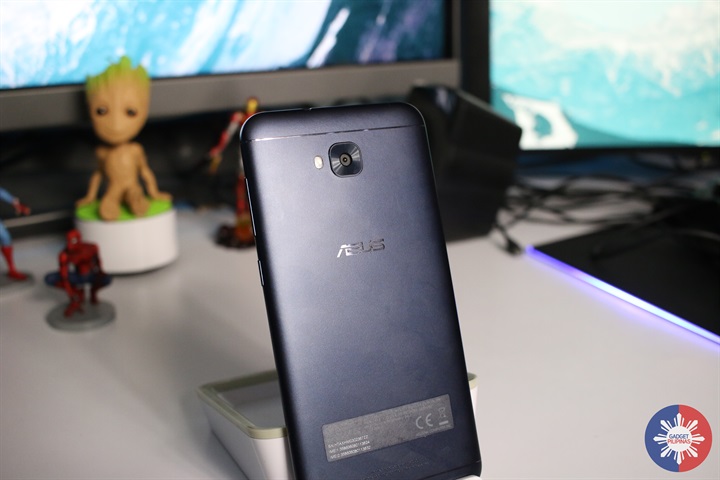
Its EIS works intelligently. This is expected from ASUS, because they have been perfecting this feature over the years.
In terms of core specifications, the Zenfone 4 Selfie is powered by an MSM8937 Snapdragon 430. It is the same chipset that powers the Nokia 6 and last year’s Zenfone 3 Max. ZF4 Selfie has 4GB RAM, and with an Andreno 505 GPU. Performance wise, it felt really snappy and the games I played during my first night was satisfactorily fast and fluid. I would have wanted it to have a much newer chipset, but keeping the price down without sacrificing its more important features – camera – is probably ASUS’ priority.
Navigating through its new and revamped ZenUI, that sits on top of Android 7.0, is buttery smooth. It looks minimalist and cleaner compared to its predecessor.
Peripherals and connectivity wise, Zenfone 4 Selfie is pretty packed. It still uses micro USB, but it’s probably one of the ways to also bring down the cost of production. Besides, if it ain’t broken, there’s no reason for fixing or replacing it with a far superior one.
After thoughts
It’s my 2nd night with the ASUS Zenfone 4 Selfie, and there are still more to cover. First impressions: it does not actually have a milestone feature as I’ve seen phones with almost similar features.
So far though, from what I’m seeing, the quality of photos and videos I took using its front and rear cameras look great! One night’s experience isn’t enough to draw a conclusion, but enough for me to appreciate what ASUS has done to continuously perfect its craft. I say, “GG, ASUS!”
Catch our full review of the ASUS Zenfone 4 Selfie in a few weeks on Gadget Pilipinas.
ASUS Zenfone Selfie Specs
- 1.4GHz Qualcomm Snapdragon 430 Octa-Core Processor
- 4GB of RAM, 64GB of internal storage expandable via microSD card (up to 2TB)
- 5.5-inch HD IPS Display
- 16MP rear camera, EIS
- Dual 20MP + 8MP (Main + 120° Wide Angle) front cameras, SelfieMaster App, Softlight LED
- Triple Slot Tray (2 SIM Cards + microSD Card)
- Fingerprint Sensor
- ZenUI on top of Android Nougat
- 3000mAh battery
Giancarlo Viterbo is a Filipino Technology Journalist, blogger and Editor of gadgetpilipinas.net, He is also a Geek, Dad and a Husband. He knows a lot about washing the dishes, doing some errands and following instructions from his boss on his day job. Follow him on twitter: @gianviterbo and @gadgetpilipinas.

